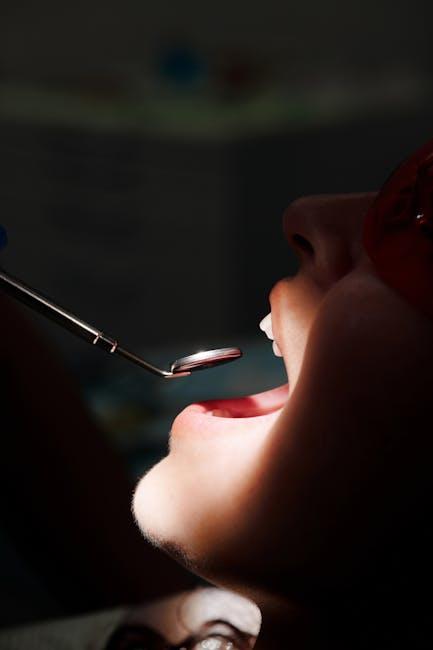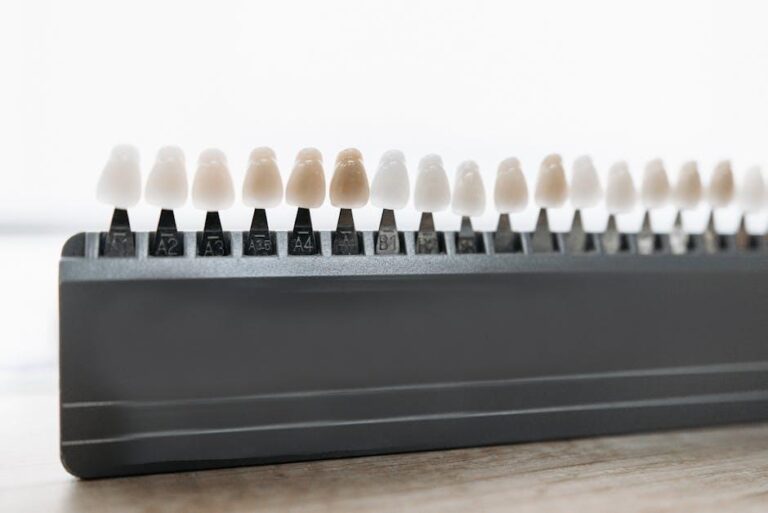
Want To Whiten Your Teeth? Watch Out For This Major Scam – HuffPost
Everyone wants a bright, white smile, but in the race for sparkling teeth, many unsuspecting consumers are falling victim to a major teeth whitening scam. This widespread deception not only wastes your money but can also seriously damage your dental health. In this article, inspired by expert insights and trending news on HuffPost, you’ll discover exactly what this scam is, how to identify it, and safe, effective alternatives for teeth whitening.
What Is the Major Teeth Whitening Scam?
The surge in online and over-the-counter (OTC) teeth whitening products has led to a booming market full of quick-fix promises. The major scam involves products, kits, or treatments that claim to whiten your teeth instantly or with minimal effort but deliver little to no results — and sometimes harm.
Here’s what happens when you fall into the trap:
- False Advertising: Claims such as “whiten your teeth five shades in one session” or “permanent stains removed overnight” are often exaggerated or completely untrue.
- Low-Quality Ingredients: Some products contain abrasive chemicals or unapproved substances that can erode enamel, cause gum irritation, and increase tooth sensitivity.
- Hidden Costs: Free or cheap starter kits often require you to purchase expensive refills or additional treatments.
- No Professional Oversight: Lack of dental supervision means the product might not be suitable for your teeth or oral health condition.
Red Flags of a Teeth Whitening Scam
| Warning Sign | What It Means |
|---|---|
| Unrealistic Promises | Instant and drastic results often aren’t possible without professional help. |
| No Reviews or Fake Testimonials | Be cautious if all reviews sound scripted or overly generic. |
| Unknown or Unverified Brands | Stick to reputable brands or products approved by dental associations. |
| Pressure Tactics | High-pressure sales tactics or time-limited offers can be a sign of scam. |
| No Clear Ingredients List | Not disclosing ingredients is a huge red flag for harmful chemicals. |
The Real Risks Behind Fake Teeth Whitening Products
Beyond financial loss, fake or unapproved whitening products can create long-term dental issues. Risks include:
- Enamel Erosion: Harsh chemicals weaken enamel, increasing risk of cavities and tooth decay.
- Gum Damage: Irritating gels or strips can inflame gums, leading to sensitivity or even infections.
- Uneven Whitening: Low-quality products might create blotchy or unnatural coloring, making your smile worse.
- Allergic Reactions: Some whitening agents contain allergens not disclosed on packaging.
Safe and Effective Teeth Whitening Alternatives
Don’t let the scam deter you from achieving a beautiful smile. There are several tried-and-true methods verified by dental professionals:
Professional In-Office Whitening
Performed by a licensed dentist, in-office whitening treatments use powerful but carefully controlled bleaching agents. Benefits include:
- Immediate and noticeable results
- Customized treatment to protect enamel and gums
- Supervised by dental experts for safety
At-Home Whitening Kits from Dentists
Dentists can provide custom-fitted trays with professional-strength whitening gel. This option combines convenience with safety.
Over-the-Counter (OTC) Products with Good Reputation
If you prefer OTC, choose products recommended by dental associations and with clear ingredient listings, such as whitening toothpaste containing mild abrasives or whitening strips with carbamide peroxide.
Practical Tips to Maintain a Whiter Smile Naturally
- Brush twice daily using fluoride toothpaste; consider whitening toothpaste once enamel is strong
- Floss regularly to remove plaque buildup between teeth
- Limit consumption of teeth-staining foods and beverages like coffee, red wine, and berries
- Quit smoking or using tobacco products
- Drink plenty of water after meals to wash away surface stains
- Schedule regular dental cleanings every 6 months
Case Study: How One Consumer Avoided the Scam
Jessica, a 32-year-old teacher, once bought a heavily marketed “miracle whitening pen” online. After two weeks, she noticed no improvement — instead, her gums became red and sore. After visiting her dentist, she discovered the pen contained an abrasive ingredient unsuitable for sensitive gums.
Following her dentist’s advice, Jessica switched to a professional whitening kit and improved her oral hygiene. Within a month, her teeth were noticeably brighter without any discomfort.
Final Thoughts: Don’t Get Duped—Brighten Your Smile Smartly
Whitening your teeth can boost confidence and overall appearance, but beware of scammers capitalizing on this desire. Always research products thoroughly, check for professional endorsements, and consult with your dentist before starting any whitening routine.
By understanding these scams and choosing safe options, you can enjoy a radiant smile without risking your dental health.


